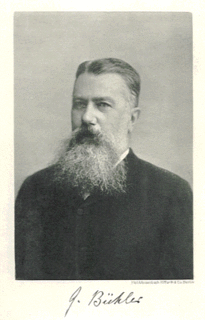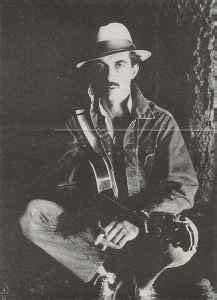A Quote by Judith Lynne Hanna
Participants in dance, both dancers and viewers, may experience catharsis and develop a sense of mastery or self-discovery.
Quote Topics
Related Quotes
I think that when you do any kind of theatrical form, (you can't really do this in the theater) the task as an artist is to reach some form of catharsis yourself, and express something that allows an audience to have some form of catharsis. If there's no discovery in what you do, if there's no struggle in what you do to have that discovery, then, there's no meaning in what you do.
The aim of education is to develop resources in the child that will contribute to his well-being as long as life endures; to develop power of self-mastery that he may never be a slave to indulgence or other weaknesses, to develop [strong] manhood, beautiful womanhood that in every child and every youth may be found at least the promise of a friend, a companion, one who later may be fit for husband or wife, an exemplary father or a loving intelligent mother, one who can face life with courage, meet disaster with fortitude, and face death without fear.
The process of writing can be a powerful tool for self-discovery. Writing demands self-knowledge; it forces the writer to become a student of human nature, to pay attention to his experience, to understand the nature of experience itself. By delving into raw experience and distilling it into a work of art, the writer is engaging in the heart and soul of philosophy - making sense out of life.
The master and the student on the journey to mastery, knows that the illusions are the illusions, decides why they are there, and then consciously creates what will be experienced next within the self through the illusions. When facing any life experience, there is a formula, a process, through which you may choose to move through mastery. Simply make the following statements: One, nothing in my world is real. Two, The meaning of everything is the meaning I give it. Three, I am who I say I am, and my experience is what I say it is. This is how to work with the illusions of life.
A great discovery solves a great problem, but there is a grain of discovery in the solution of any problem. Your problem may be modest, but if it challenges your curiosity and brings into play your inventive faculties, and if you solve it by your own means, you may experience the tension and enjoy the triumph of discovery.
The price that must be paid for mastery is discipline. No one achieves lasting success without it. So from the moment you awake each day, devote yourself to the perfection of whatever you pursue. Do this and you will achieve self-mastery. Achieve self-mastery and you will have the makings of a great leader... Discipline is all about cultivating powerful habits that become part of your lifestyle.
Our brain comes hard-wired with an urge to play, one that hurls us into sociability. A child's play both demands and creates its own safe space, one in which she can confront threats, fears, and dangers, but always come through whole. Play offers a child a natural way to manage feared separations or abandonment, rendering them instead opportunities for mastery and self-discovery.
































